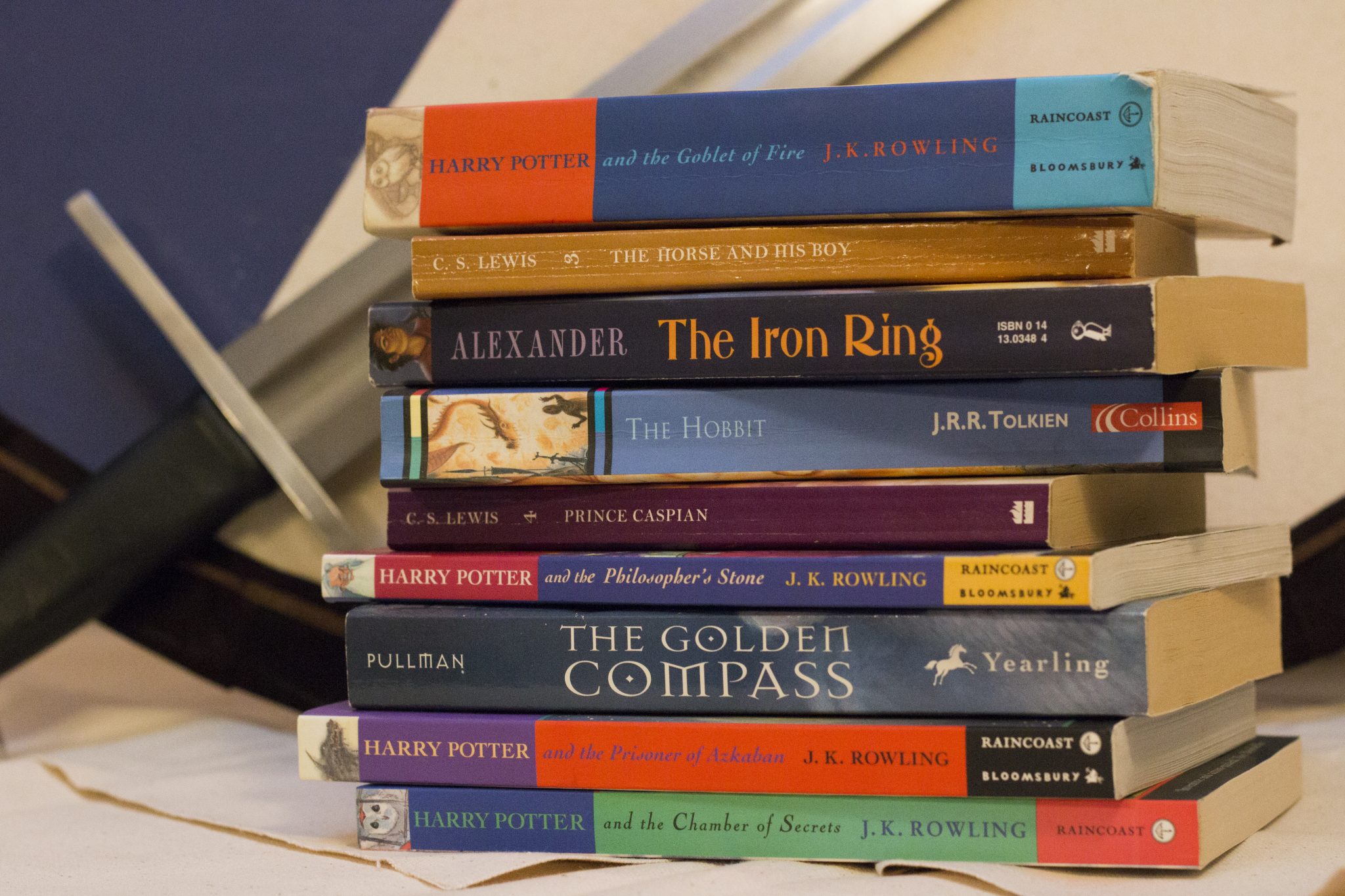Exploring fantasy literature and its impact


What do you associate with the word “fantasy”? Do you think of the typical images of witches, wizards, goblins; and creatures that only exist in an imaginary world? Or like me, do you think of it as being so much more?
Honestly, one of the most frustrating things as a person who loves Lord of the Rings, Harry Potter and other books/movies in the realm of fantasy, is when people scoff at the mention of these passions as being more than just for kids.
In the class “Tolkien and Fantasy” taught by Professor Richard Nemesvari, we looked into J.R.R. Tolkien’s essay “On Fairy-Stories” and debunked many of the preconceived notions related to Fantasy.
Although I have always loved fantasy, I think that I have often fallen victim to the separation of this genre into the realm of the “unreal”; and also, not applied the lessons that I learned into my world outside of the books, movies, or shows — but here I am, saying that my perception of fantasy was not living up to what the genre is truly capable of for its readers.
“Tolkien wishes to challenge people’s ideas about the Realm of Faërie and to find truth in fantasy,” Nemesvari explained of Tolkien’s essay.
As readers and watchers, we can become a part of the worlds that authors such as Tolkien wish to create, and then can go back into reality, with something that we didn’t have before: a sense of wonder that can help us to live better because we are open to the possibilities.
“Tolkien believes that our primal desire is to have a sense of wonder — deep down we all desire this: to be taken outside of our normal life,” Nemesvari said as he continued talking about Tolkien’s idea.
I think that sometimes you just need someone to tell you exactly why something sticks with you — such as my connection to fantasy — because after reading the essay and listening to the lectures, my whole perception as to the reasoning behind my love for hobbits and fantastical worlds beyond my own, seemed a lot more concrete.
The ultimate lesson to be learned is that the immersive experience of fantasy, if you allow it, gives you something greater than just an escape, as many refer to it as.
In “On Fairy-Stories”, Tolkien separates the idea of escape from fantasy, and says that by strictly calling this genre, “escapist”, you are “mixing up the Escape of the Prisoner with the Flight of the Deserter.”
There’s a major difference between being released from a pessimistic or close minded point of view, and using literature to escape reality.
I know that many may still laugh at the idea of fantasy being able to “change your perspective,” but like many other types of literature, it’s what you allow the novel or story to do.
“Fantasy provides us with the opportunity to see things differently,” Nemesvari said.
If you wish for the enchantment to stay in what you’re reading than that’s what’s it going to do; however, as Tolkien wants people to understand, that doesn’t have to be the end-all.
As readers and watchers, we can become a part of the worlds that authors such as Tolkien wish to create, and then can go back into reality, with something that we didn’t have before: a sense of wonder that can help us to live better because we are open to the possibilities.
So, as a final note, let yourself be child-like and open up to fantasy in a way that maybe you haven’t before, and what you often thought could only exist in other worlds may just find a place in your own imagination and reality.


